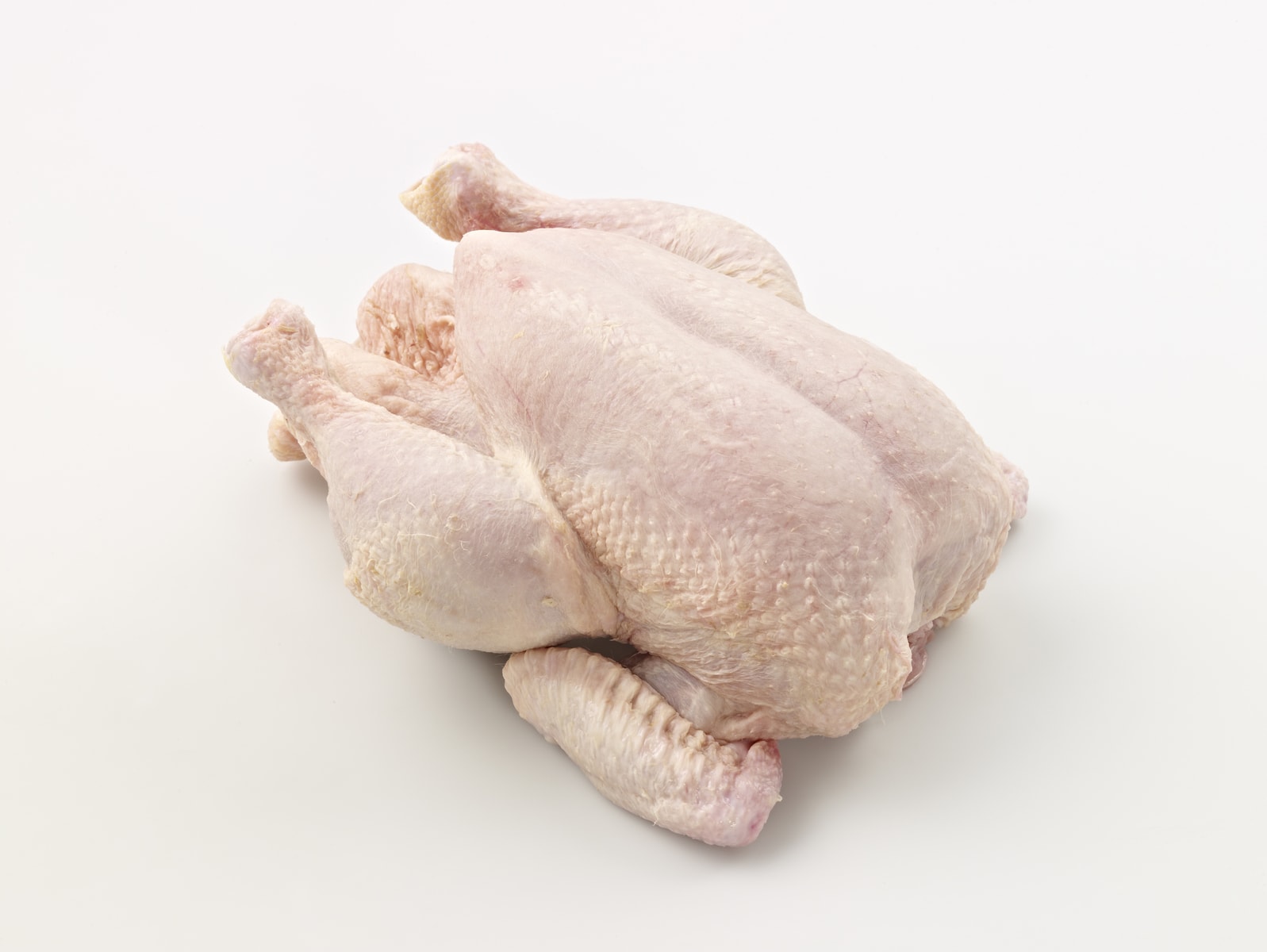

Articles
How To Store Uncooked Chicken
Modified: December 7, 2023
Learn the best methods for safely storing uncooked chicken in this comprehensive guide. From refrigeration to freezing, discover expert tips in this informative article.
(Many of the links in this article redirect to a specific reviewed product. Your purchase of these products through affiliate links helps to generate commission for Storables.com, at no extra cost. Learn more)
Introduction
When it comes to storing uncooked chicken, proper handling and storage techniques are crucial. Not only does proper storage help maintain the quality and freshness of the chicken, but it also ensures food safety and minimizes the risk of foodborne illnesses.
Whether you buy chicken in bulk or simply want to make sure you’re storing it correctly, this article will provide you with essential guidelines and tips to store uncooked chicken safely.
From choosing the right packaging to organizing your chicken storage, we’ll cover everything you need to know to keep your chicken fresh and maintain its flavor.
So, let’s dive in and explore the best practices for storing uncooked chicken!
Key Takeaways:
- Proper storage of uncooked chicken is crucial for maintaining freshness, flavor, and food safety. Follow guidelines for packaging, refrigeration, and freezer storage to ensure safe and delicious meals.
- Practice proper handling, preparation, and defrosting techniques to minimize the risk of bacterial contamination. Organize your chicken storage for convenience and efficiency while avoiding common storage mistakes.
Read more: How To Store Uncooked Dumplings
Understanding the Importance of Proper Chicken Storage
Proper chicken storage is essential for several reasons. First and foremost, it helps maintain the quality and taste of the chicken. Uncooked chicken can quickly spoil if not stored correctly, leading to a loss of flavor and texture.
Additionally, storing chicken properly is crucial for food safety. Chicken is known to carry bacteria such as Salmonella and Campylobacter, which can cause foodborne illnesses if consumed. By following proper storage guidelines, you can reduce the risk of bacterial growth and contamination.
Furthermore, proper chicken storage can help prevent cross-contamination in your refrigerator or freezer. Raw chicken has the potential to spread bacteria to other foods if not stored separately. By storing chicken in appropriate containers and following good hygiene practices, you can minimize the risk of cross-contamination.
It’s important to note that the storage requirements for chicken may vary depending on whether it’s fresh or already packaged. Fresh chicken typically comes without any packaging, while packaged chicken is usually sealed in plastic wrap or containers.
By understanding the importance of proper chicken storage, you can ensure the safety of your food and enjoy delicious, fresh-tasting chicken in your meals.
Choosing the Right Packaging for Uncooked Chicken
When it comes to storing uncooked chicken, choosing the right packaging is essential to maintain its quality and prevent any contamination. Here are some packaging options you can consider:
- Original Packaging: If you purchased uncooked chicken from the grocery store, it typically comes in its original packaging. This packaging is specifically designed to keep the chicken fresh and protected. It is often airtight and leak-proof, which helps prevent any bacteria from contaminating the chicken or spreading to other foods.
- Re-sealable Plastic Bags: If you prefer to repackage the chicken, consider using re-sealable plastic bags. These bags are convenient and allow you to portion the chicken based on your needs. Make sure to choose high-quality bags that are durable and leak-proof to prevent any juices from leaking out and causing cross-contamination.
- Airtight Containers: Airtight containers made of glass or BPA-free plastic can also be a great option for storing uncooked chicken. These containers help maintain the freshness of the chicken and prevent odors from spreading to other foods in the refrigerator.
Regardless of the packaging option you choose, it’s important to label the containers with the date of purchase or the expiration date to keep track of the chicken’s freshness. Furthermore, always ensure that the packaging is intact and not damaged before storing the chicken.
Remember, the goal is to keep the chicken well-sealed and protected while preventing any cross-contamination. Choose the packaging option that suits your needs and provides the best storage environment for the uncooked chicken.
Refrigerator Storage Guidelines for Uncooked Chicken
When it comes to storing uncooked chicken in the refrigerator, it’s important to follow proper guidelines to maintain its freshness and reduce the risk of bacterial growth. Here are some essential refrigerator storage tips for uncooked chicken:
- Temperature: Set your refrigerator temperature to 40°F (4°C) or below. This temperature helps slow down bacterial growth and keeps the chicken safe.
- Original Packaging: If the chicken is still in its original packaging and unopened, you can store it directly in the refrigerator. Ensure that the packaging is well-sealed to prevent any leaks or contamination.
- Separation: It’s crucial to store uncooked chicken separately from other foods in the refrigerator to prevent cross-contamination. Place the chicken on a plate or in a container on the bottom shelf to avoid any juices from dripping onto other foods.
- Use a Tray: For added protection, place the chicken on a tray or in a shallow pan to catch any potential drips or leaks. This further prevents cross-contamination and makes cleaning easier.
- Storage Duration: Fresh, uncooked chicken can be stored in the refrigerator for up to 2 days. If the chicken is already cooked, it can be stored for 3-4 days. After this duration, it’s best to freeze the chicken to maintain its quality.
- Check for Spoilage: Before cooking or consuming the chicken, always check for signs of spoilage. Discard chicken that has a foul odor, slimy texture, or unusual discoloration.
Following these refrigerator storage guidelines ensures that your uncooked chicken stays fresh and safe to consume. Remember to practice good hygiene by washing your hands and any surfaces that come into contact with the chicken to reduce the risk of contamination.
Next, we’ll explore freezer storage guidelines for uncooked chicken, which can extend its shelf life and provide flexibility for meal planning.
Freezer Storage Guidelines for Uncooked Chicken
Freezing uncooked chicken is an excellent way to extend its shelf life and maintain its quality for a longer period. Follow these freezer storage guidelines to ensure your chicken stays safe and delicious:
- Proper Packaging: Before freezing uncooked chicken, make sure to wrap it tightly in freezer-safe packaging to prevent freezer burn and preserve its flavor. Consider using freezer bags, aluminum foil, or freezer-safe containers. Remove as much air as possible to prevent freezer burn.
- Portion Control: If you prefer to freeze individual portions, divide the chicken into meal-sized portions before packaging. This makes it easier to thaw only the amount you need without compromising the rest of the chicken.
- Labeling: It’s essential to label the packaging with the date of freezing to keep track of the chicken’s freshness. Additionally, you can also label the portions, indicating the quantity and any seasoning or marinade used.
- Freezer Shelf Life: Uncooked chicken can be safely stored in the freezer for up to 9 months, although for best quality, it is recommended to consume it within 4-6 months. After this time, the chicken may still be safe to eat but may start to lose its flavor and texture.
- Thawing: When you’re ready to cook the chicken, it’s important to follow safe thawing practices. The best method is to transfer the chicken from the freezer to the refrigerator and allow it to thaw slowly overnight. This ensures even thawing and reduces the risk of bacterial growth. Alternatively, you can thaw it in a sealed bag under cold running water, changing the water every 30 minutes until thawed.
- Safe Handling: Remember to always practice good hygiene when handling frozen chicken. Wash your hands thoroughly before and after handling the chicken, and clean any surfaces or utensils that come into contact with the raw chicken to prevent cross-contamination.
By following these freezer storage guidelines, you can keep uncooked chicken safe to consume even after an extended period. Freezing allows you to stock up on chicken when it’s on sale or when you have leftovers, giving you more flexibility in meal planning.
Next, let’s explore proper handling and preparation techniques for uncooked chicken to ensure food safety and delicious results.
Read more: How To Store Uncooked Steak
Proper Handling and Preparation Techniques
When it comes to handling and preparing uncooked chicken, it’s essential to follow proper techniques to ensure food safety. Here are some guidelines to keep in mind:
- Wash Hands Thoroughly: Before and after handling uncooked chicken, wash your hands with soap and warm water for at least 20 seconds. This helps prevent the spread of bacteria to other surfaces or foods.
- Prevent Cross-Contamination: Use separate cutting boards, utensils, and plates for raw chicken to prevent cross-contamination. Avoid using the same tools for raw chicken and other ingredients without proper cleaning in between.
- Avoid Contact with Ready-to-Eat Foods: Keep uncooked chicken away from ready-to-eat foods, such as salads or fruits, to prevent any potential contamination.
- Thawing Safely: As mentioned earlier, it’s important to thaw frozen chicken safely. The best method is to thaw it in the refrigerator overnight. If needed, you can also use the cold water method or the defrost function on your microwave, making sure to cook the chicken immediately after thawing.
- Cook Chicken to Safe Internal Temperature: Chicken should be cooked to a safe internal temperature of 165°F (74°C) to kill any harmful bacteria. Use a meat thermometer to check the temperature at the thickest part of the chicken, avoiding contact with bones.
- Proper Cleaning and Sanitizing: After handling uncooked chicken, clean and sanitize all surfaces, cutting boards, utensils, and countertops that came into contact with the raw chicken. This helps minimize the risk of bacterial contamination.
Following these proper handling and preparation techniques not only ensures food safety but also promotes a hygienic cooking environment. By taking these precautions, you can enjoy delicious chicken dishes with peace of mind.
Next, we’ll discuss the best practices for safe defrosting of uncooked chicken to avoid any potential foodborne illnesses.
Store uncooked chicken in the coldest part of the refrigerator, ideally below 40°F (4°C). Keep it in its original packaging or a sealed container to prevent cross-contamination with other foods. Use within 1-2 days or freeze for longer storage.
Tips for Safe Defrosting of Uncooked Chicken
Proper defrosting of uncooked chicken is crucial to ensure food safety and prevent the growth of harmful bacteria. Here are some tips to safely defrost chicken:
- Refrigerator Thawing: The safest method for defrosting chicken is to do it in the refrigerator. Place the frozen chicken in a leak-proof plastic bag or container and let it thaw slowly in the refrigerator. This process may take several hours or overnight, depending on the size of the chicken pieces.
- Cold Water Thawing: If you need to defrost chicken quickly, you can use the cold water method. Ensure the chicken is in a sealed plastic bag to prevent water from entering. Submerge the chicken in cold water, changing the water every 30 minutes until the chicken is thawed. This method is quicker than refrigerator thawing but requires constant monitoring to prevent the water from reaching room temperature.
- Microwave Defrosting: Another option is to use the defrost function on your microwave. Follow the microwave’s instructions and take care to cook the chicken immediately after thawing as parts of it may start to cook during the defrosting process.
- Cooking from Frozen: If you’re in a rush, you can also cook chicken from a frozen state. However, the cooking time will be longer, and it may result in uneven cooking. It’s best to ensure that the chicken is fully cooked, reaching an internal temperature of 165°F (74°C) in different parts.
- Avoid Room Temperature Thawing: Never thaw chicken at room temperature, as it allows bacteria to multiply rapidly in the danger zone (40°F – 140°F or 4°C – 60°C). This increases the risk of foodborne illnesses.
- Discard Excess Liquid: After thawing the chicken, discard any excess liquid that accumulated during the thawing process. This helps prevent cross-contamination and ensures the chicken remains safe to consume.
By following these tips for safe defrosting of uncooked chicken, you can maintain its quality, minimize the risk of bacterial growth, and ensure a safe and delicious meal.
Next, let’s explore best practices for organizing and storing your chicken to maintain a well-structured and efficient storage system.
Best Practices for Organizing Your Chicken Storage
Organizing your chicken storage is not only important for food safety but also for convenience and efficiency in meal planning. Here are some best practices for organizing your chicken storage:
- Date Labeling: Properly label your chicken packages or containers with the date of purchase or the date you stored it in the refrigerator or freezer. This helps you keep track of the freshness and ensures you use the oldest chicken first.
- First-In, First-Out (FIFO): Practice the FIFO method by positioning the newest chicken packages or containers at the back of the refrigerator or freezer and moving the older ones to the front. This way, you prioritize using the oldest chicken first, reducing the risk of food waste.
- Categorize by Type: If you have different types of chicken, such as whole chicken, chicken breasts, or chicken thighs, consider categorizing them separately. This makes it easier to locate and use the desired chicken pieces without rummaging through your entire storage.
- Use Clear Containers: Transparent containers and bags offer better visibility of the chicken, allowing you to identify the pieces and their condition easily. This helps in maintaining a well-organized storage system.
- Utilize Storage Separators: Use dividers or storage separators to create compartments within your refrigerator or freezer. These separators can help maintain an organized space and prevent the chicken from mixing with other foods or packages.
- Stacking and Storing Properly: Arrange your chicken packages or containers in a stable and organized manner. Stack them neatly to maximize storage space, but avoid overpacking to allow proper airflow for efficient cooling or freezing.
By following these best practices for organizing your chicken storage, you can easily locate the chicken you need, ensure freshness, and maintain a well-structured storage system.
However, it’s equally important to be aware of common mistakes and pitfalls to avoid when storing uncooked chicken, which we’ll explore next.
Common Mistakes to Avoid When Storing Uncooked Chicken
Storing uncooked chicken requires attention to detail and adherence to proper guidelines. Here are some common mistakes to avoid when storing uncooked chicken:
- Leaving Chicken at Room Temperature: Never leave uncooked chicken at room temperature for an extended period, as this promotes bacterial growth. Always refrigerate or freeze chicken promptly to maintain its freshness and safety.
- Failure to Properly Seal Packaging: Ensure that the packaging for uncooked chicken is sealed tightly to prevent leaks, exposure to air, and contamination. Properly sealed packaging helps maintain the chicken’s quality and prevents cross-contamination with other foods.
- Storing Chicken for Too Long: While chicken can be stored in the refrigerator for a few days and in the freezer for several months, it’s essential to keep track of its storage duration. Using chicken that has been stored for excessive periods can lead to a loss of quality and potential foodborne illnesses.
- Storing Raw Chicken Above Ready-to-Eat Foods: Avoid storing uncooked chicken above ready-to-eat foods, such as cooked meats, fruits, or vegetables. This prevents any drips or juices from contaminating the prepared foods with raw chicken bacteria.
- Not Practicing Good Hygiene: Proper hand hygiene is crucial when handling uncooked chicken to avoid cross-contamination. Remember to wash hands thoroughly before and after handling chicken, as well as sanitize any surfaces or utensils that come into contact with the raw chicken.
- Overcrowding the Storage Space: Do not overcrowd your refrigerator or freezer with too much chicken or other items. Overcrowding inhibits proper airflow, resulting in inefficient cooling or freezing. It can also make it difficult to keep track of the freshness and organization of the chicken.
- Not Checking for Spoilage: Before cooking or consuming chicken, always inspect it for any signs of spoilage, such as a foul odor, slimy texture, or unusual discoloration. If you notice any of these signs, discard the chicken immediately.
By avoiding these common mistakes, you can ensure the freshness, quality, and safety of your stored uncooked chicken. By maintaining proper storage practices, you can enjoy delicious chicken dishes while minimizing the risk of foodborne illnesses.
Now, let’s address some frequently asked questions (FAQs) about chicken storage.
Read more: How To Store Uncooked Pasta
Frequently Asked Questions (FAQs) about Chicken Storage
Q: How long can I store uncooked chicken in the refrigerator?
A: Uncooked chicken can be safely stored in the refrigerator for up to 2 days. After this period, it’s recommended to either cook or freeze the chicken to maintain its freshness and safety.
Q: Can I refreeze chicken that has been thawed?
A: If you thawed the chicken in the refrigerator, it is safe to refreeze it without cooking. However, keep in mind that refreezing chicken may affect its quality and texture, so it’s best to use it as soon as possible.
Q: Can I store uncooked chicken and cooked chicken together in the refrigerator or freezer?
A: It’s recommended to store uncooked chicken and cooked chicken separately to prevent cross-contamination. Raw chicken can contain bacteria that may cross-contaminate cooked chicken if stored together.
Q: How can I tell if the chicken is still good for consumption?
A: Always check for signs of spoilage before cooking or consuming chicken. Look for a foul odor, slimy texture, or unusual discoloration. If you notice any of these signs, discard the chicken.
Q: Can I store chicken in the freezer for an extended period?
A: Yes, uncooked chicken can be stored in the freezer for up to 9 months. However, for the best quality and flavor, it’s recommended to consume it within 4-6 months.
Q: Can I thaw chicken at room temperature?
A: No, it is not safe to thaw chicken at room temperature. Room temperature thawing allows bacteria to multiply rapidly in the danger zone. It’s best to thaw chicken in the refrigerator, cold water, or using the defrost function on your microwave.
Q: Can I store uncooked chicken in the same package it came in from the store?
A: Yes, you can store uncooked chicken in its original packaging if it is unopened. The original packaging is designed to keep the chicken fresh and protected. Just ensure that the packaging is intact and not damaged.
Q: Can I freeze chicken in marinade?
A: Yes, you can freeze chicken in marinade. Marinating the chicken before freezing can enhance its flavor. Just ensure that the marinade and chicken are in a well-sealed freezer-safe container or bag.
Q: Can I store chicken in the refrigerator door?
A: It’s not recommended to store chicken in the refrigerator door as it is the warmest part of the refrigerator. The temperature in the door fluctuates more, which can affect the chicken’s safety and freshness. It’s best to store chicken on a bottom shelf in the refrigerator.
Remember, when it comes to chicken storage, prioritize food safety and proper storage techniques to maintain the quality and freshness of your chicken.
If you have any additional questions or concerns, it’s always best to consult food safety guidelines or a trusted source. Now that you have a better understanding of chicken storage, you can confidently store and enjoy your chicken dishes.
Happy cooking!
Conclusion
Proper storage of uncooked chicken is essential for maintaining its freshness, flavor, and food safety. By following the guidelines and best practices outlined in this article, you can ensure that your chicken stays safe to consume and of the highest quality.
From choosing the right packaging to organizing your chicken storage, each step plays a vital role in preserving the chicken’s integrity. Remember to refrigerate or freeze chicken promptly, practice good hygiene, and prevent cross-contamination to minimize the risk of foodborne illnesses.
Whether you’re storing chicken in the refrigerator or freezer, maintaining the correct temperatures and utilizing appropriate storage methods is crucial. By following the recommended storage durations, you can ensure that your chicken remains safe and flavorful.
It’s important to note that while proper storage techniques are essential, it’s equally crucial to handle chicken safely during thawing, preparation, and cooking. By observing safety practices during these stages, you can further prevent bacterial contamination and ensure the health and well-being of yourself and those you cook for.
Now that you’re equipped with the knowledge and understanding of how to store uncooked chicken properly, you can confidently organize your storage space, thaw chicken safely, and enjoy delicious chicken dishes without worrying about compromised quality or food safety.
Remember to frequently check for spoilage signs, practice good hygiene, and avoid common storage mistakes. By doing so, you’ll have peace of mind knowing that your chicken is stored and handled with care.
As always, if you have any specific concerns or questions about chicken storage, it’s recommended to consult food safety guidelines or reach out to a reliable source for further guidance.
Happy cooking and safe chicken storage!
Frequently Asked Questions about How To Store Uncooked Chicken
Was this page helpful?
At Storables.com, we guarantee accurate and reliable information. Our content, validated by Expert Board Contributors, is crafted following stringent Editorial Policies. We're committed to providing you with well-researched, expert-backed insights for all your informational needs.
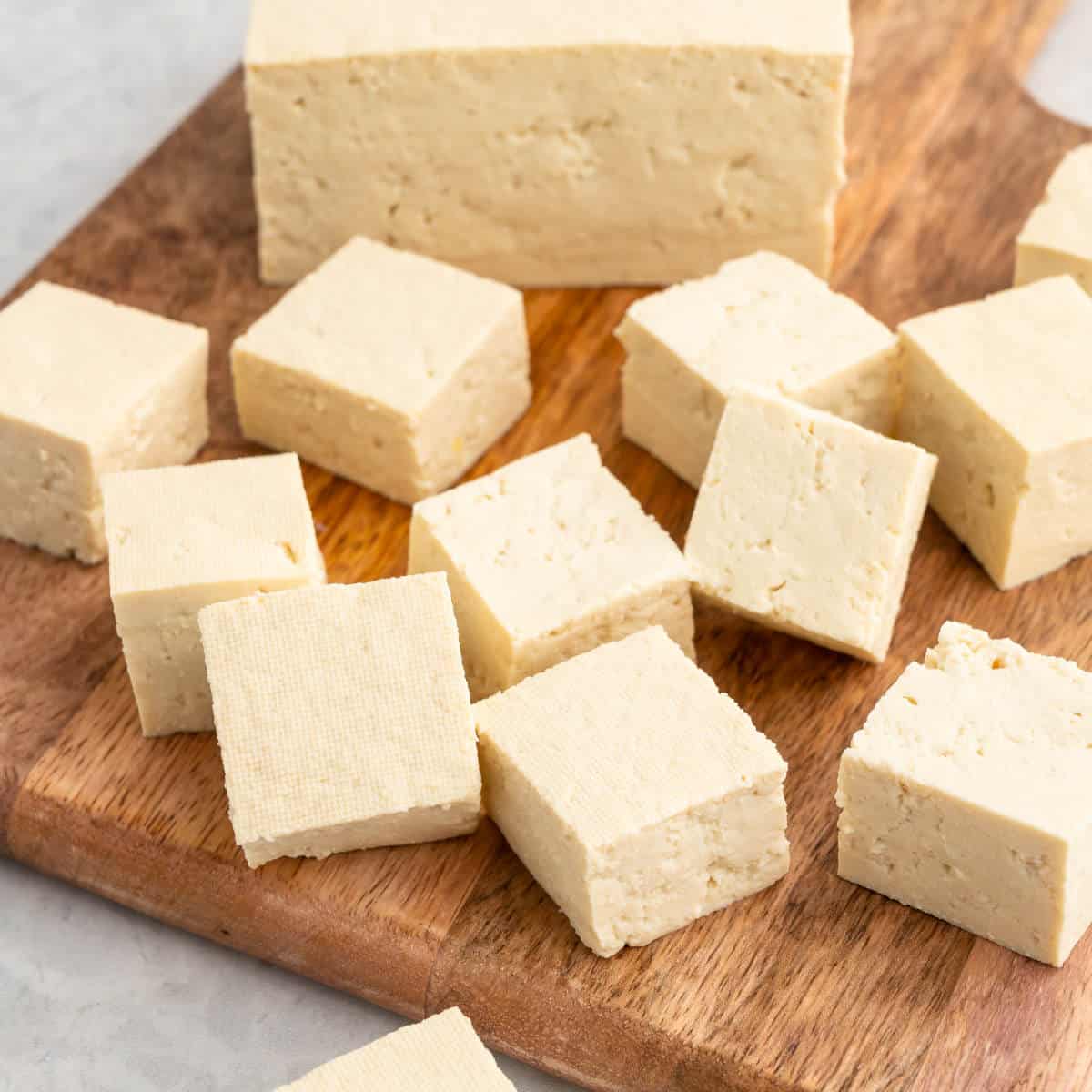
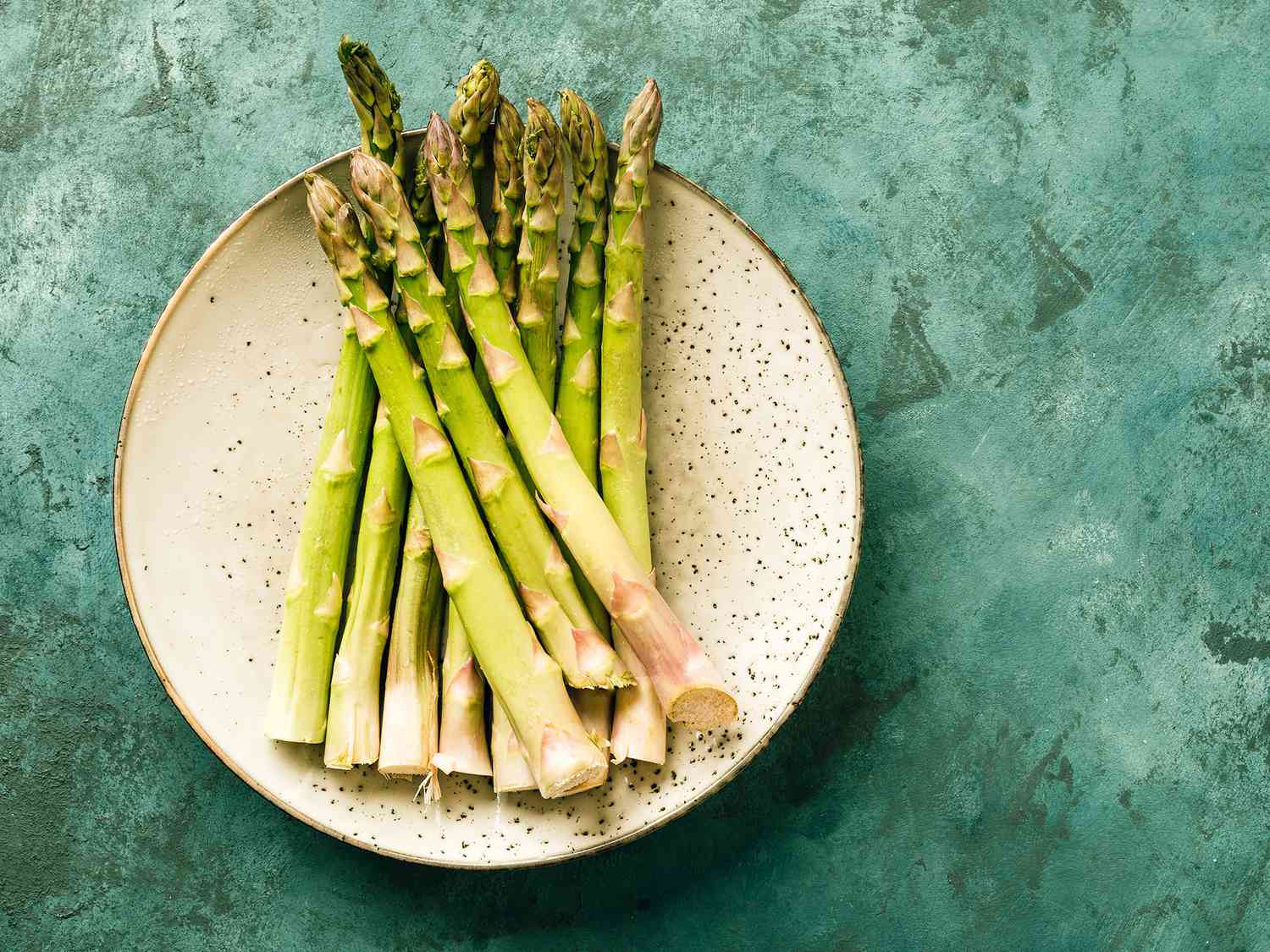
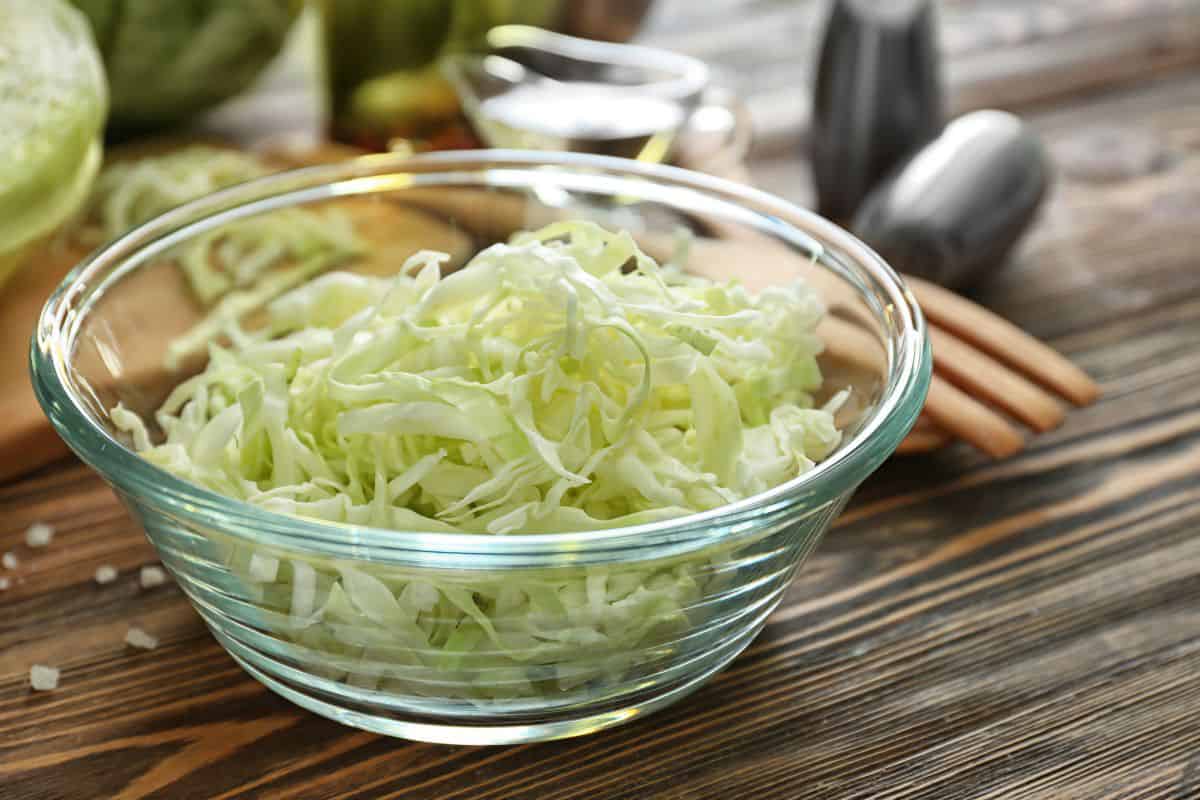

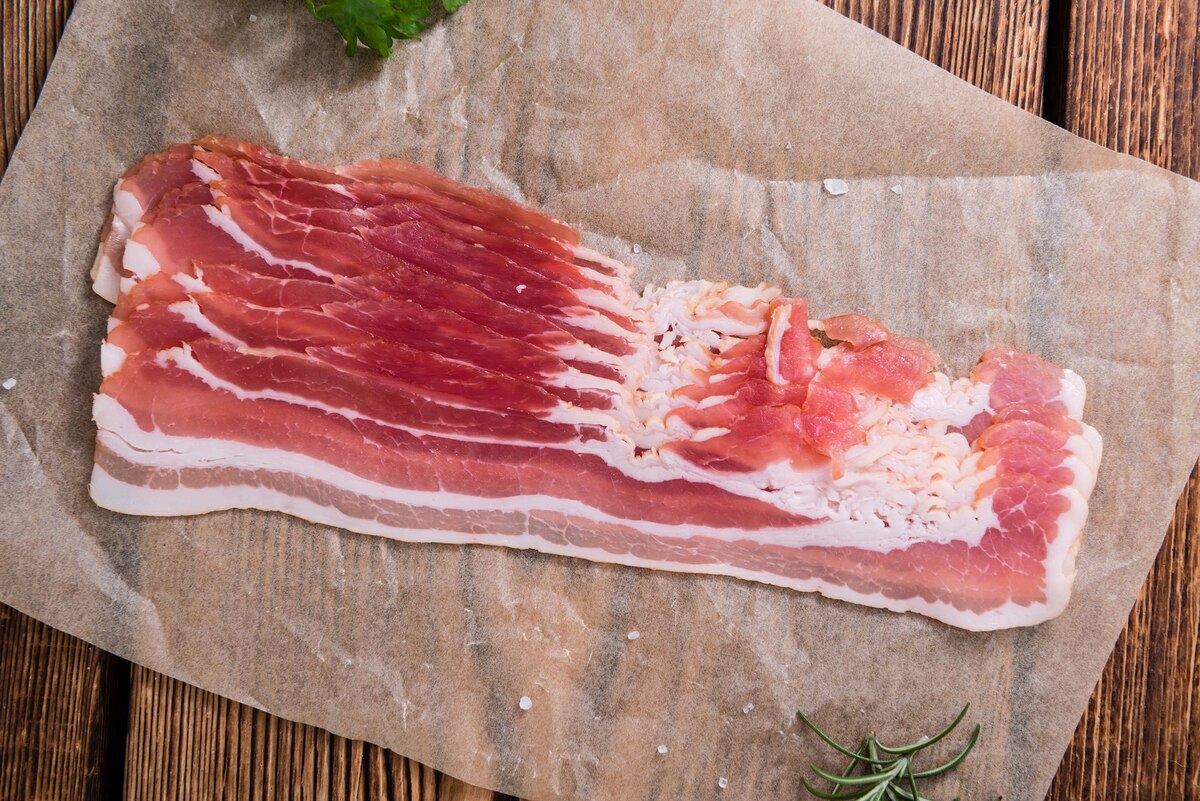
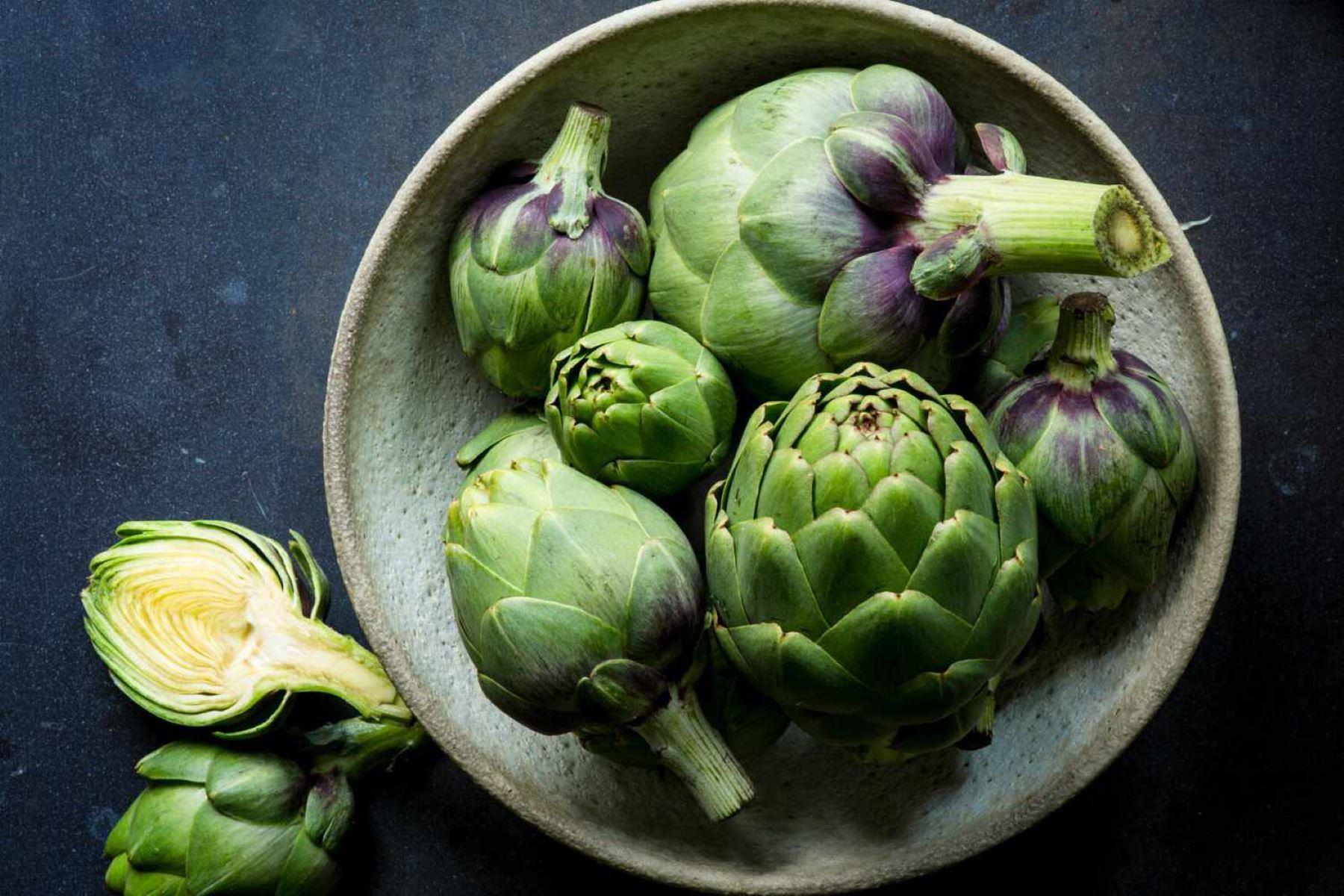
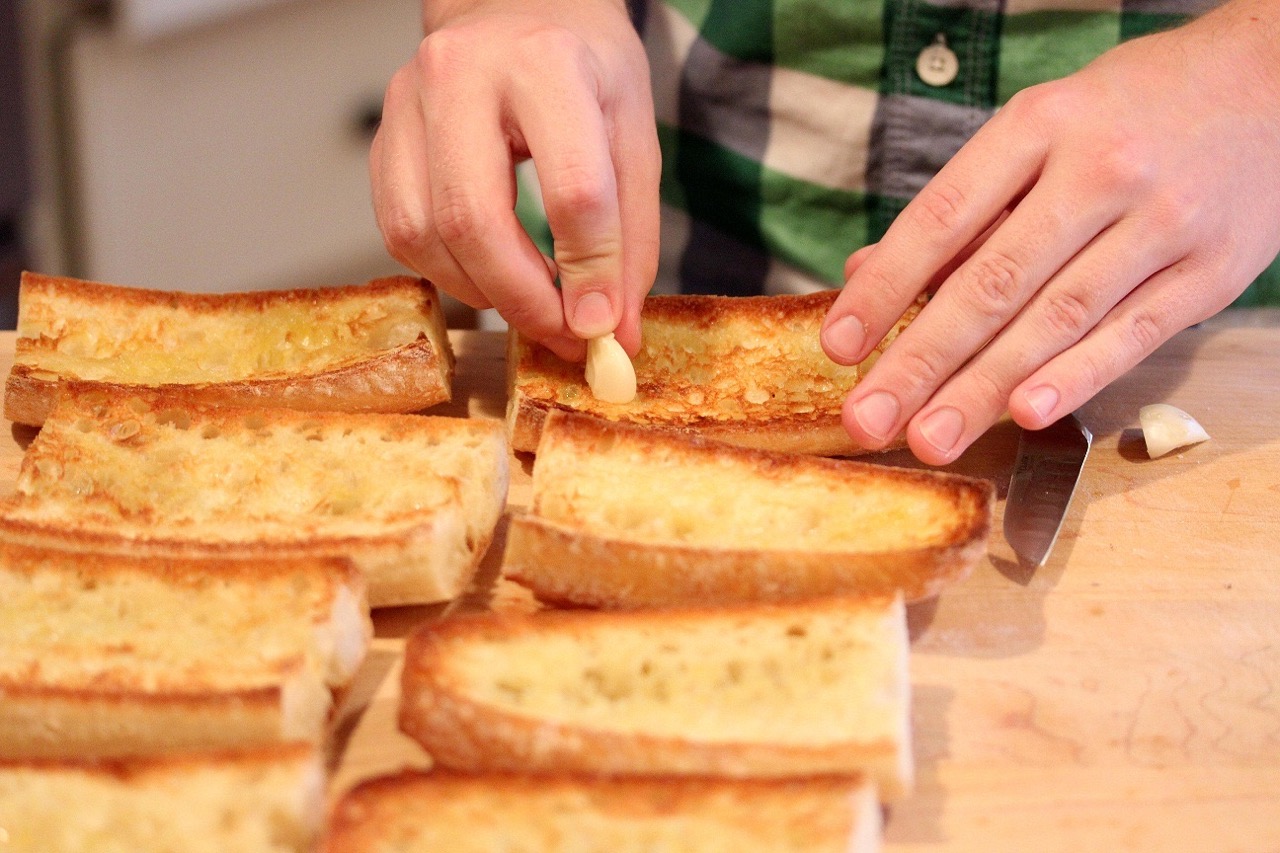
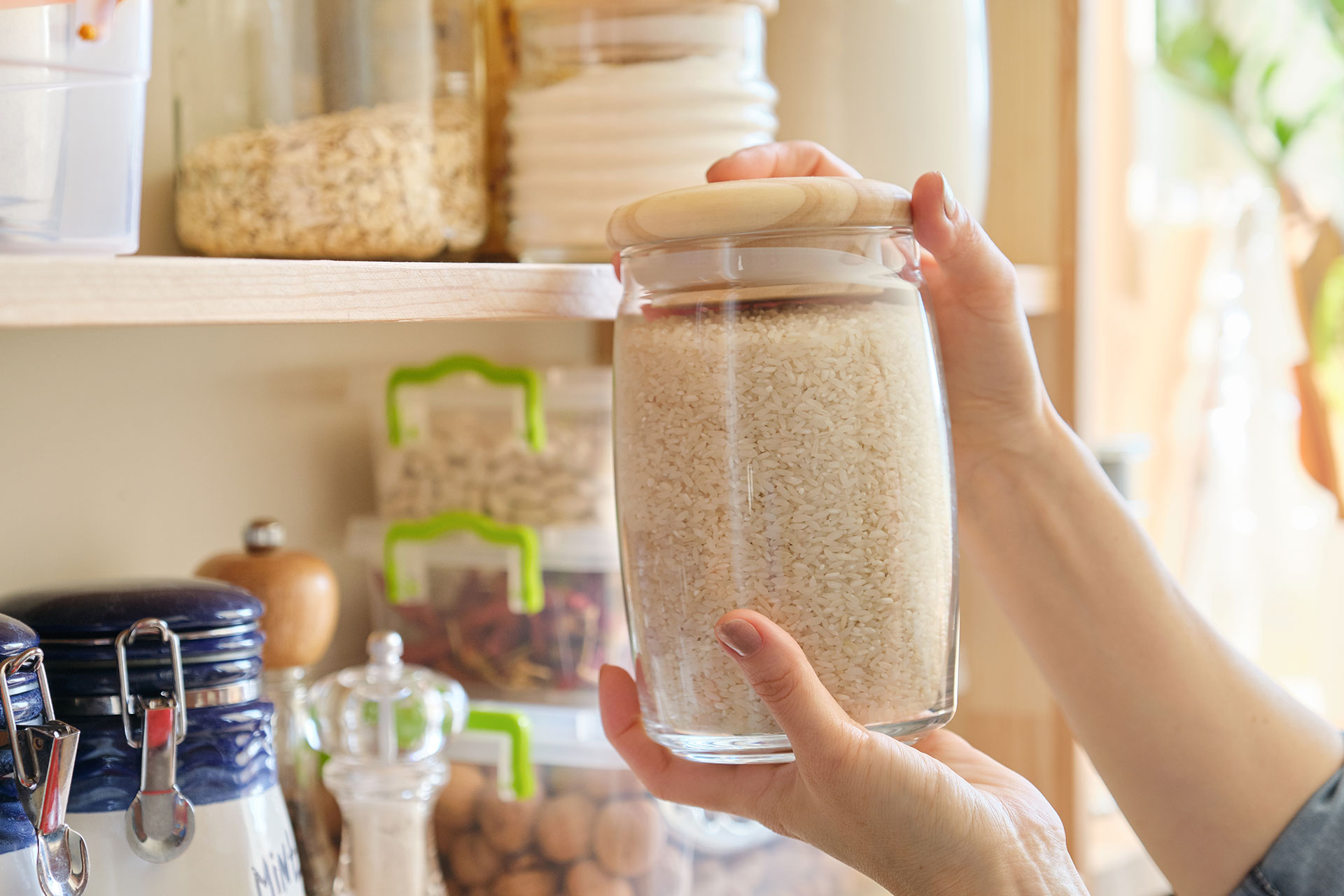
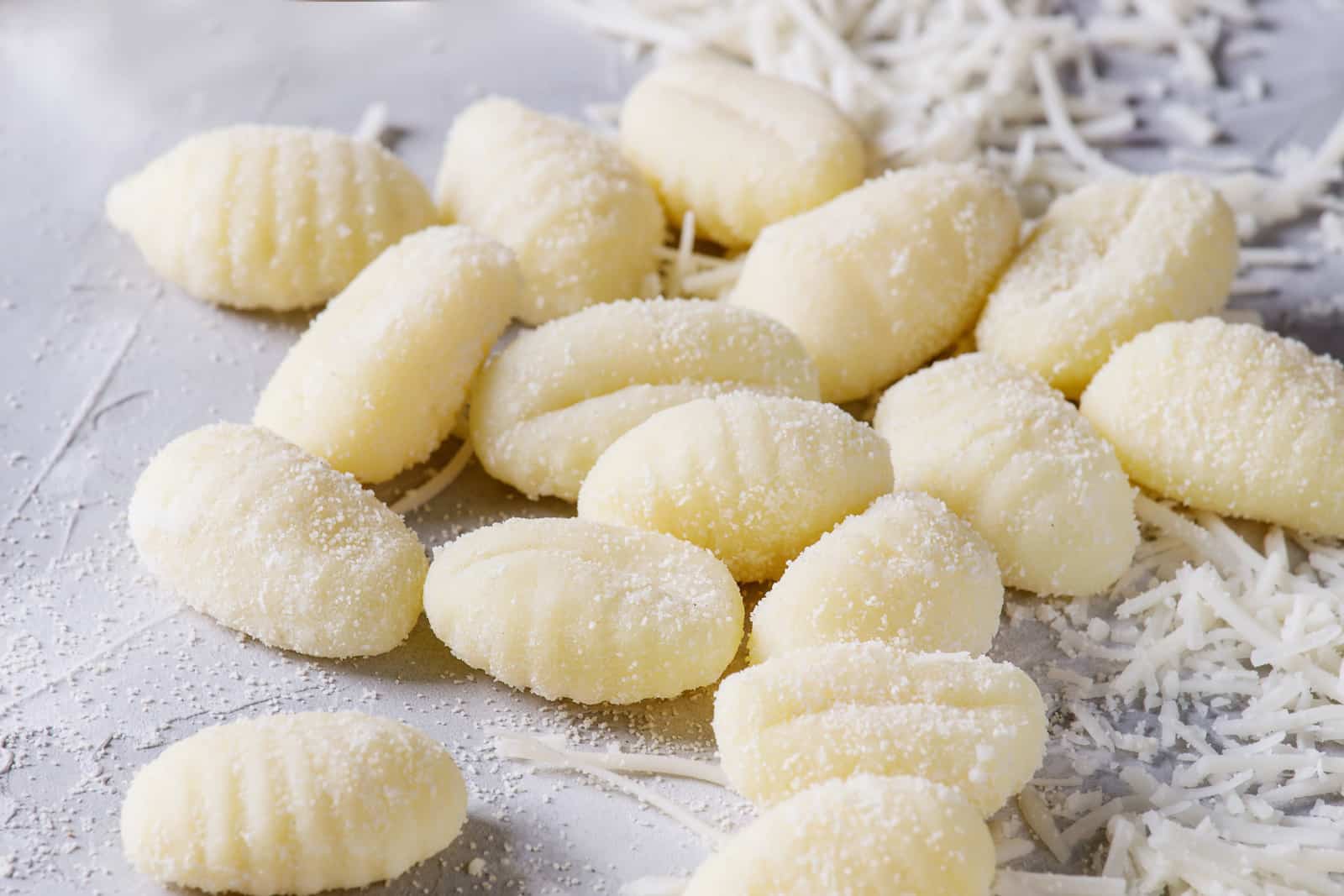
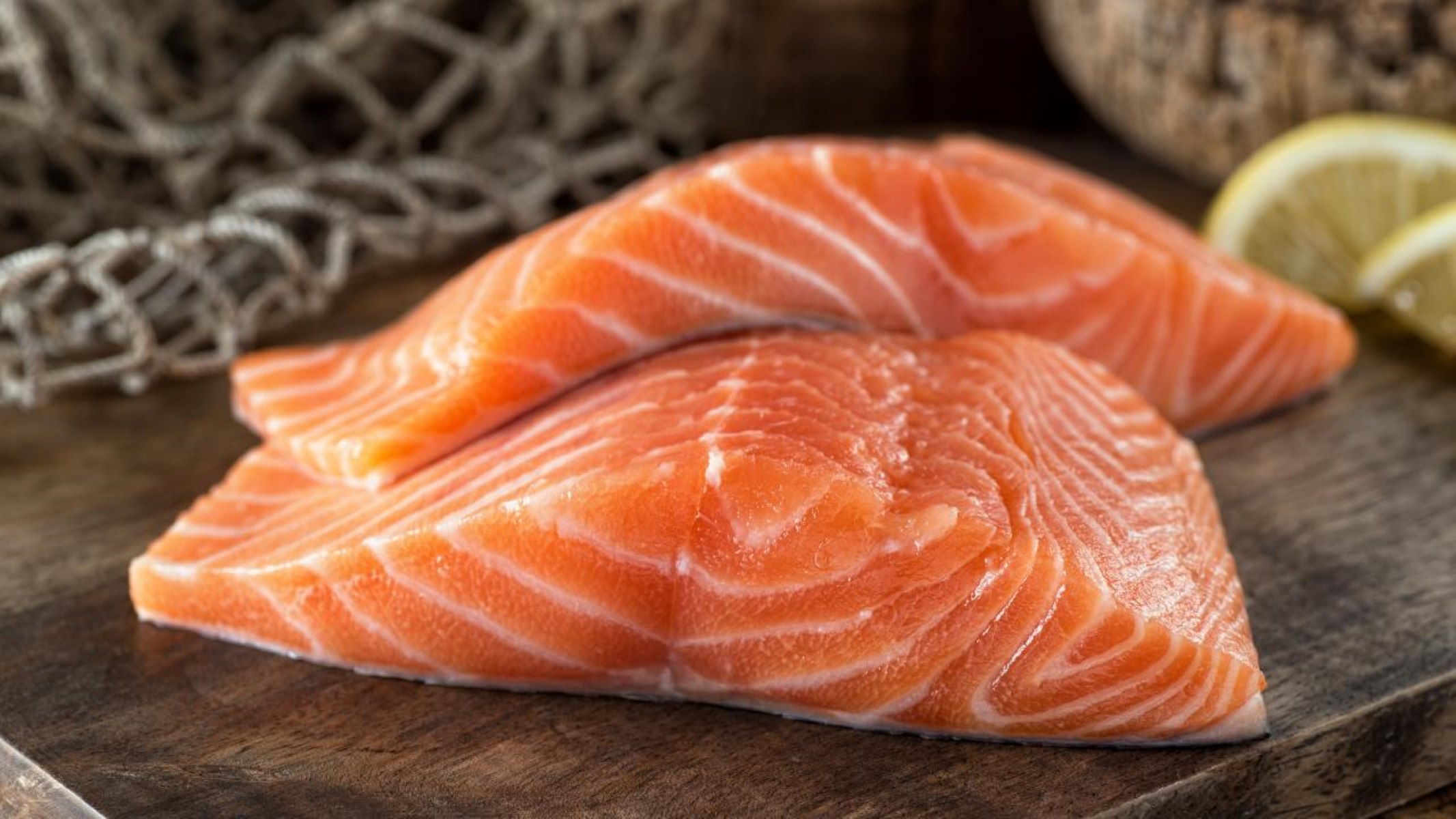
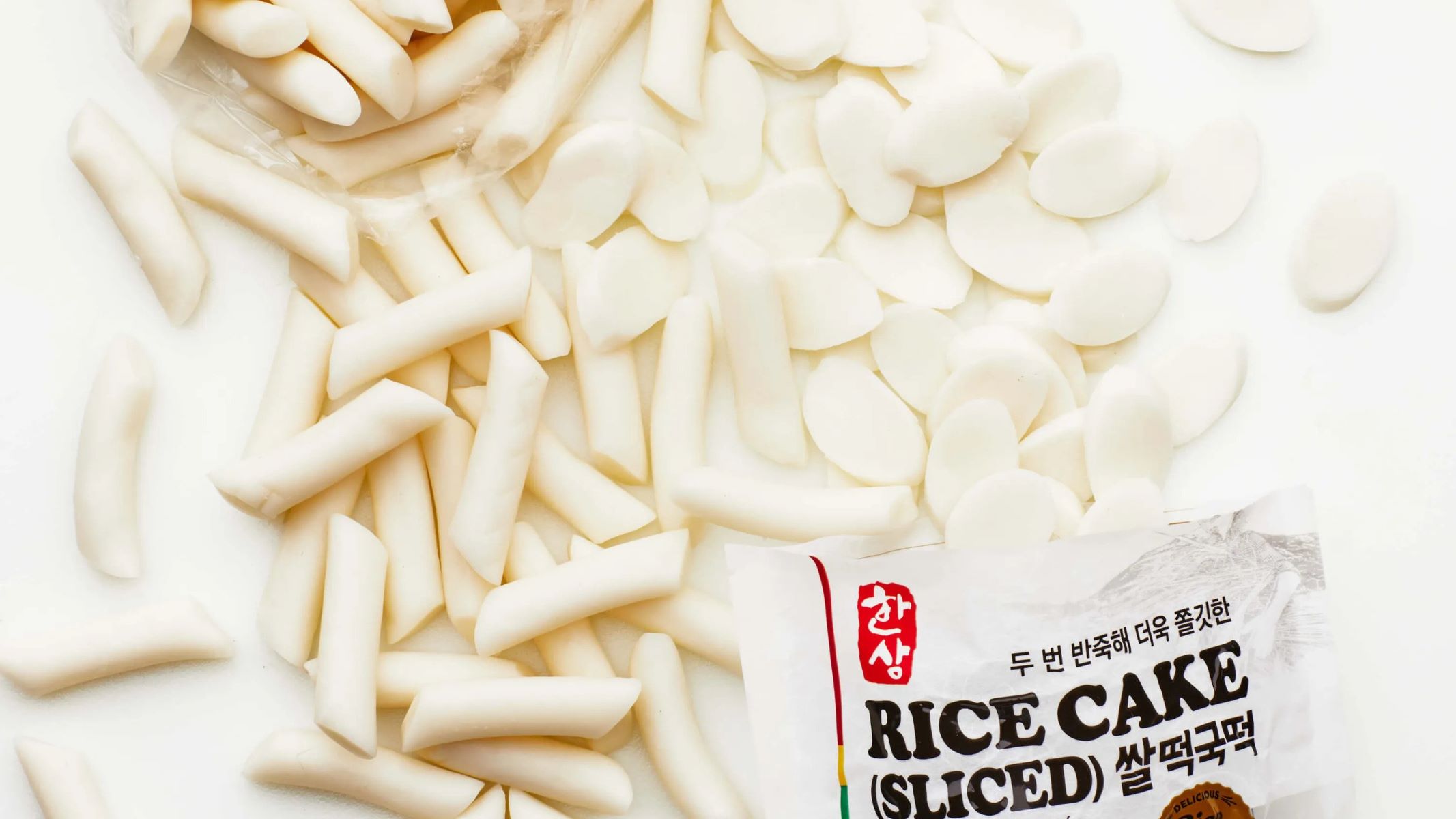
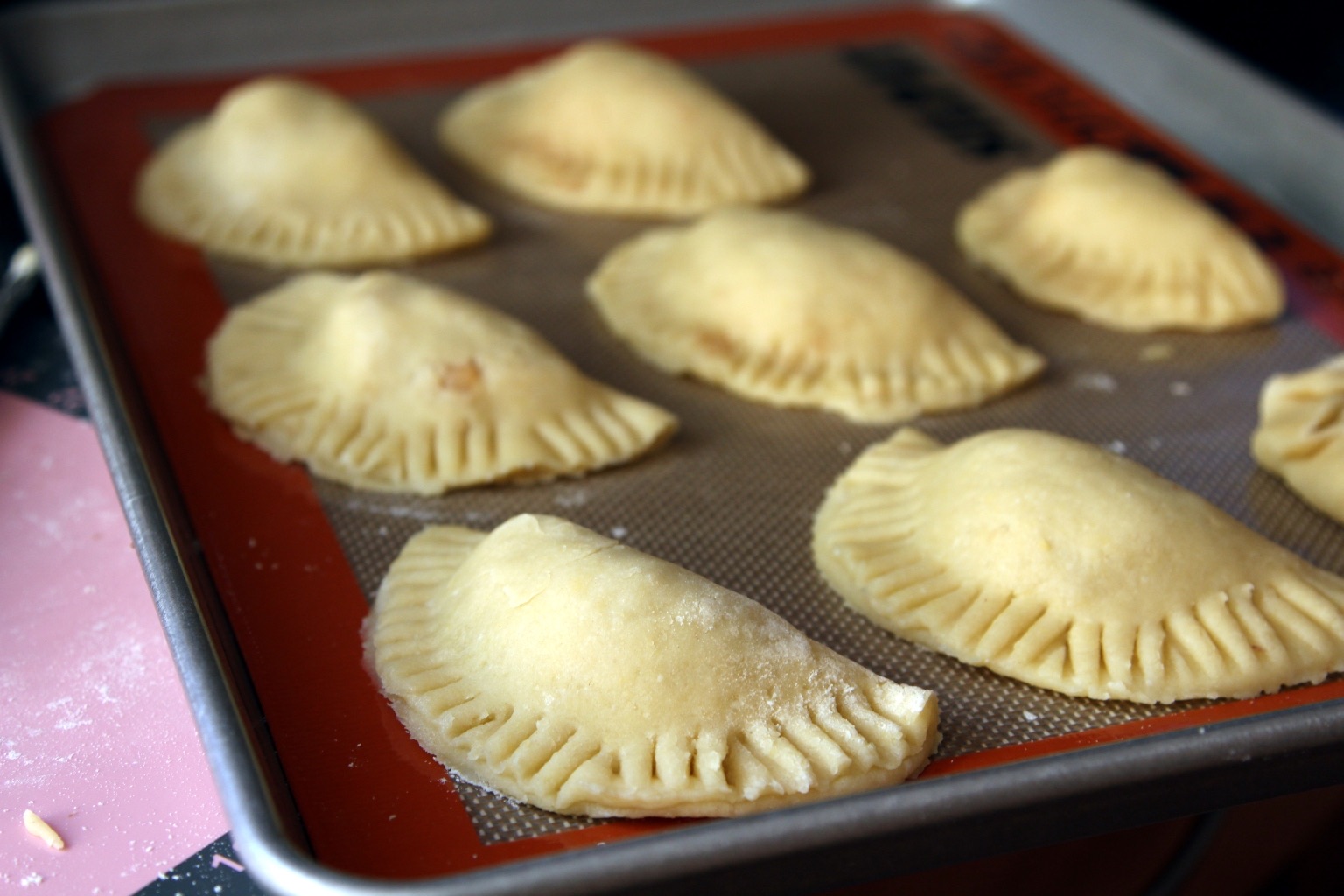
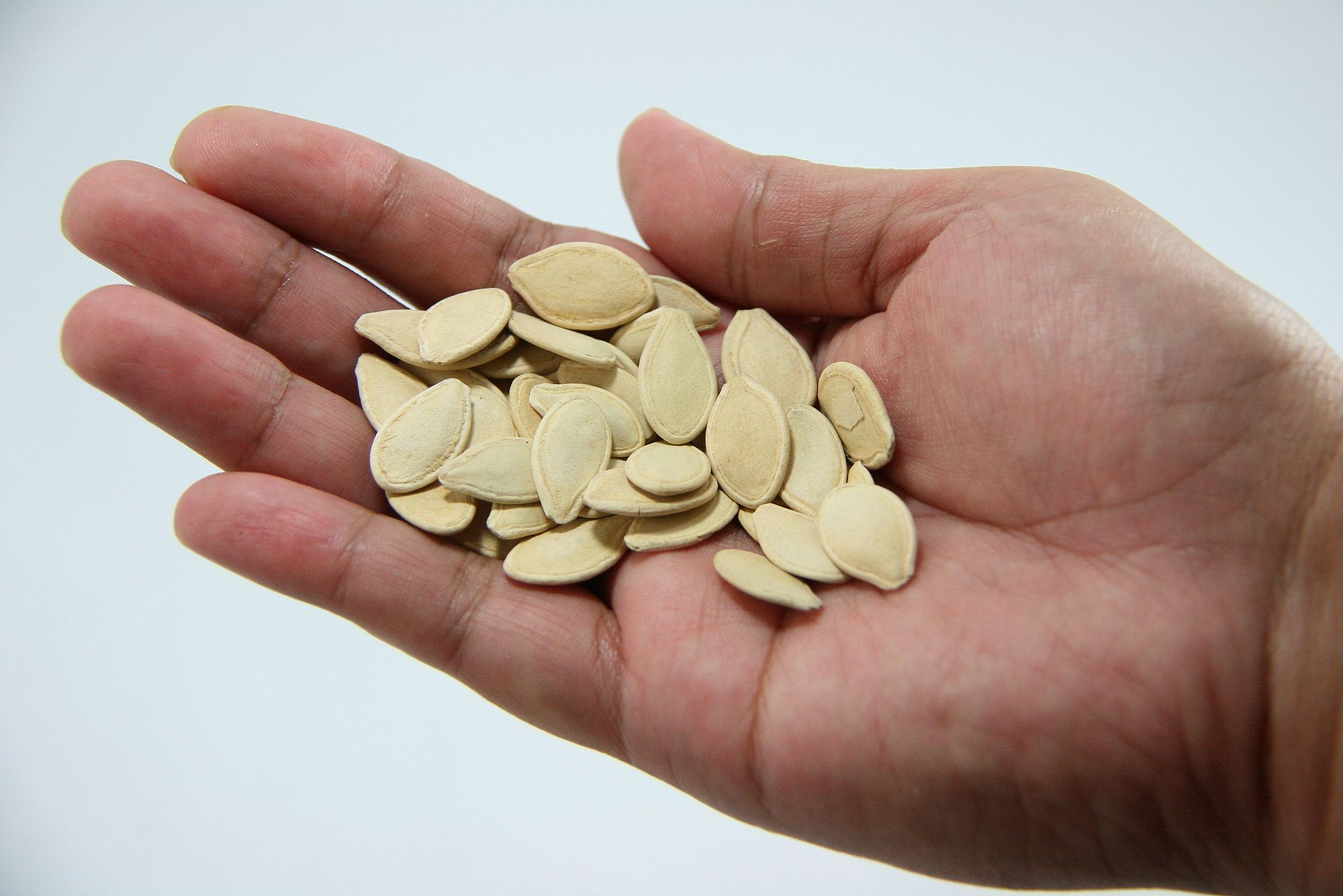

0 thoughts on “How To Store Uncooked Chicken”